Course Description
Physics is PHUN! Physics is interesting. Physics is the study of the way the universe works. Physics is a study of the behavior of matter – what happens and why. It is the foundation of all the sciences. The language of physics is math: the beautiful thing about our physical world is that it can be explained in simple mathematical relationships. Conceptual and mathematical understanding of the subject will be emphasized.
The topics covered will include motion in one and two dimensions, forces, circular motion, gravity, energy, momentum, thermal physics, electrostatics, circuits, magnetism, waves, sound, and light. The study of physics is a valuable part of the general education of any student. Learning to examine the parts of a problem to find solutions will be useful throughout a person’s life.
Students will investigate the principles of Physics through inquiry and guided inquiry activities and assignments. Hands-on laboratory experiments will provide foundational understanding and practice in the laws and concepts of Physics. The overall goals of this course are to provide the student with problem-solving strategies, conceptual and mathematical understanding of the principles of Physics and to think critically.
Supplies Needed
- Scientific Calculator (does NOT need to be a graphing calculator)
- A 100-sheet graph paper notebook
- Pen/pencils
- Colored Pencils/Markers
- Tape – double-sided as well as clear tape
- Scissors
- Index Cards
- Post-it Notes
Lab Materials: a list of supplies needed will be sent no later than 4-6 weeks before the start of the course. Most will be household-type supplies.
Honors Level
Honors Level Physics is for students who enjoy math and physics. This level requires a more in-depth analysis of laboratory concepts as well as applications of the content to new situations. Additional problem sets will be required of the students as well as additional lab assignments. The honors physics curriculum is enriched with many pre-AP Physics topics to allow a smooth transition to AP Physics if a student desires that path of study.
Course Structure
This course will cover 8 units, with several labs per unit.
I use a flipped classroom so students will use the online textbook, digital notebooks, videos, video lectures, and web links to learn about the topics. Live classes will be for demos, labs and mini-labs, and problem-solving sessions. Outside of class, work will consist of problem sets, video questions (using Edpuzzle), notes from video lectures, case studies, online labs, and readings from the online textbook.
Students should expect to do 5-7 hours on assignments per week. Most assignments will be due weekly, with some having longer dues dates. Mastery checks (i.e. quizzes0 will be weekly, and tests will be given at the end of each unit. Students will complete most assessments on Canvas.
Who should enroll?
This class is for students in grades 10-12 who have completed Algebra 1.
Prerequisites: Algebra 1
Technology Requirements
- High speed, broadband Internet
- Sound card and microphone (for live sessions)
- Streaming video capabilities to watch recorded lectures
- Computer Access
- Microsoft Word, Excel and PowerPoint or access to Google Docs, Sheets and Slides
- Printer
- Scanner or ability to scan with phone or tablet
Evaluation and Feedback
All grades will be available in Canvas for students and parents. Assignments will be graded within one week of submission. Students will be evaluated through performance on quizzes & tests, mini-laboratory investigations, formal lab reports, homework, and independent projects.
A progress report will be given mid-semester and at the end of a semester. Parent conferences are available upon request. Mastery Checks (Quizzes) 20% & Assessments ( Unit Tests and Semester Exams) 20% , Labs& Mini-Labs 25%, Assignments 15%, Professionalism 10% and Projects 10%.
Communication
Parents and Students may contact me through Canvas. I will respond within 48 hours to all communications. Please do not hesitate to contact me or ask questions.
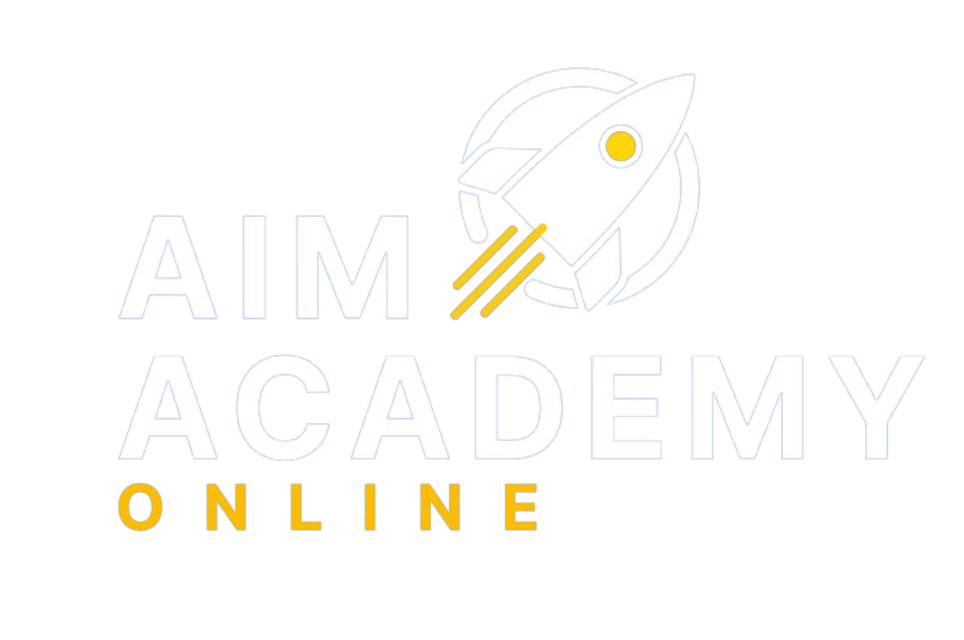



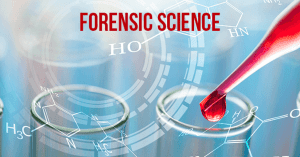
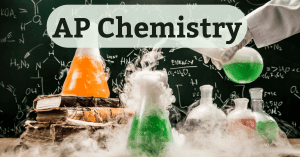

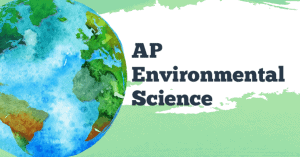
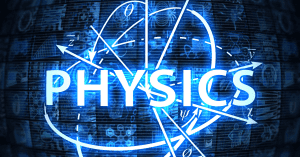
Helen Dickens –
Lisa is a great teacher! She loves science and it shows in how excited she is about her classes. She does lots of lab activities so class isn’t dry or dull and is happy to give extra help if a student needs it.